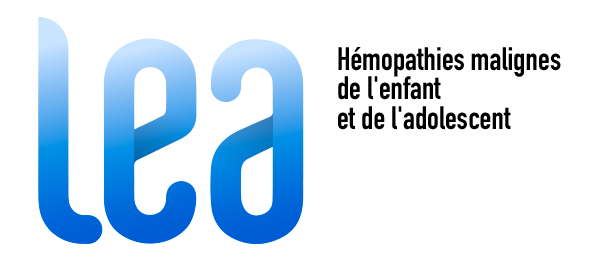Sandrine Visentin, Pascal Auquier, Yves Bertrand, André Baruchel, Marie-Dominique Tabone, Cécile Pochon, Charlotte Jubert, Maryline Poirée, Virginie Gandemer, Anne Sirvent, Jacinthe Bonneau, Catherine Paillard, Claire Freycon, Justyna Kanold, Virginie Villes, Julie Berbis, Claire Oudin, Claire Galambrun, Isabelle Pellier, Geneviève Plat, Hervé Chambost, Guy Leverger, Jean-Hugues Dalle and Gérard Michel.
Biol Blood Marrow Transplant. 2016 Nov;22(11):2003-2010.
https://pubmed.ncbi.nlm.nih.gov/27522039/
We compared the long-term impact of donor type (sibling donor [SD] versus matched unrelated donor [MUD] or umbilical cord blood [UCB]) on late side effects and quality of life (QoL) in childhood acute leukemia sur-vivors treated with hematopoietic stem cell transplantation. We included 314 patients who underwenttransplantation from 1997 to 2012 and were enrolled in the multicenter French Leucémie de l’Enfant et deL’Adolescent (“Leukemia in Children and Adolescents”) cohort. More than one-third of the patients were adultsat last visit; mean follow-up duration was 6.2 years. At least 1 late effect was observed in 284 of 314 patients(90.4%).
The average number of adverse late effects was 2.1±.1, 2.4±.2, and 2.4±.2 after SD, MUD, and UCBtransplantation, respectively. In a multivariate analysis, considering the SD group as the reference, we did notdetect an impact of donor type for most sequelae, with the exception of increased risk of major growth failureafter MUD transplantation (odds ratio [OR], 2.42) and elevated risk of osteonecrosis after UCB transplanta-tion (OR, 4.15).
The adults and children’s parents reported comparable QoL among the 3 groups. Adult patientQoL scores were lower than age- and sex-matched French reference scores for almost all dimensions. We con-clude that although these patients are heavily burdened by long-term complications, donor type had a verylimited impact on their long-term health status and QoL.

